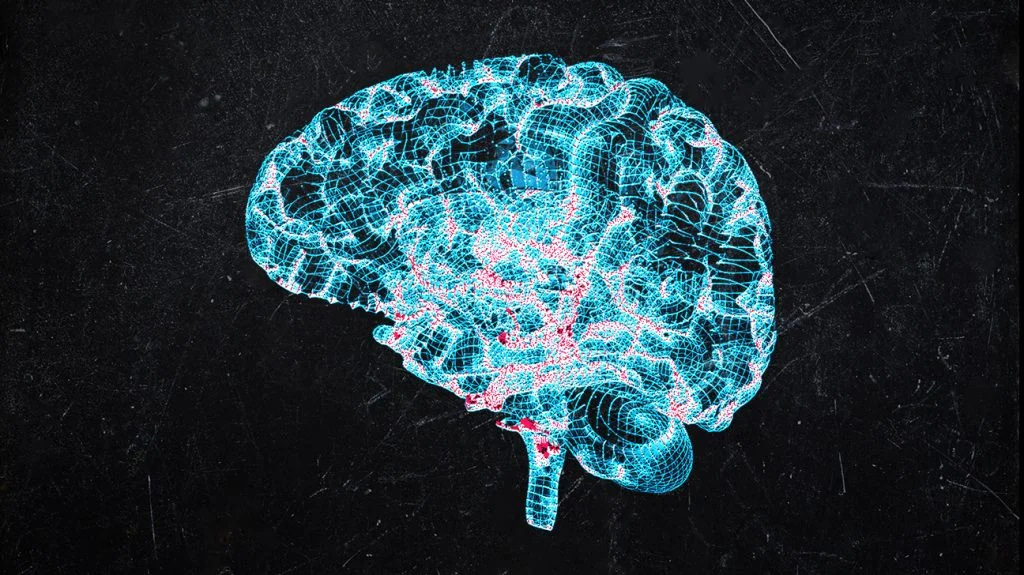Parkinson's disease

Parkinson's disease
Contact Us
Related Videos :
Frequently Asked Questions :
1. What are the early signs of Parkinson's disease?
Early signs may include subtle changes in handwriting, decreased sense of smell, and slight tremors.
2. Is Parkinson's disease hereditary?
While genetic factors can contribute, most cases of Parkinson’s are not directly inherited.
3. Can lifestyle changes help manage Parkinson's disease?
Yes, regular exercise, a balanced diet, and stress management techniques can improve quality of life for those with Parkinson’s.

About Parkinson’s Disease
Parkinson’s disease is a progressive neurodegenerative disorder that affects movement control. It occurs when the nerve cells in the brain responsible for producing dopamine—an essential neurotransmitter—begin to deteriorate. This condition primarily impacts older adults, but younger individuals can also be diagnosed. Understanding Parkinson’s is crucial for effective management and care.
Causes of Parkinson’s Disease
The exact cause of Parkinson’s disease remains unknown, but several factors contribute to its development:
- Genetic Factors: A family history of Parkinson’s can increase the risk, indicating a genetic predisposition.
- Environmental Factors: Exposure to certain toxins or chemicals may heighten the risk.
- Age: The risk of developing Parkinson’s increases with age, particularly in individuals over 60.
- Gender: Men are statistically more likely to develop Parkinson’s disease than women.
Types of Parkinson’s Disease
Parkinson’s disease encompasses several subtypes, including:
- Idiopathic Parkinson’s Disease: The most common form, with no known cause.
- Genetic Parkinson’s Disease: Linked to specific genetic mutations.
- Atypical Parkinsonism: Includes conditions like Multiple System Atrophy (MSA) and Progressive Supranuclear Palsy (PSP), which have Parkinson’s-like symptoms but different underlying causes.
Symptoms of Parkinson’s Disease
The symptoms of Parkinson’s disease vary widely but may include:
Motor Symptoms:
- Tremors (shaking)
- Bradykinesia (slowness of movement)
- Rigidity (muscle stiffness)
- Postural instability (balance issues)
Non-Motor Symptoms:
- Sleep disturbances
- Mood disorders (depression, anxiety)
- Cognitive changes (difficulty with memory or concentration)
- Autonomic dysfunction (blood pressure changes, sweating)
Diagnosis of Parkinson’s Disease
Diagnosing Parkinson’s disease typically involves:
- Clinical Evaluation: A neurologist will conduct a thorough medical history and physical examination to assess symptoms.
- Neurological Tests: These may include imaging studies like MRI or PET scans to rule out other conditions.
- Response to Medication: A positive response to Parkinson’s medication can confirm the diagnosis.
Treatment for Parkinson’s Disease
While there is no cure for Parkinson’s disease, various treatment options can help manage symptoms:
Medications:
- Levodopa is the most common medication, often combined with carbidopa.
- Dopamine agonists, MAO-B inhibitors, and anticholinergics may also be prescribed.
Therapies:
- Physical Therapy: To improve mobility and balance.
- Occupational Therapy: To help with daily activities.
- Speech Therapy: To address communication difficulties.
Surgical Options: In some cases, deep brain stimulation (DBS) may be recommended for patients who do not respond well to medication.
Cost of Treatment and Stay in India
The cost of treating Parkinson’s disease in India varies based on the type of treatment, location, and healthcare facility. On average:
- Consultation Fees: INR 500 to 3000, depending on the specialist’s experience.
- Medications: Monthly costs can range from INR 1500 to 8000.
- Therapies: Costs for physical and occupational therapy sessions may range from INR 500 to 2000 per session.
- Surgical Treatment: Deep brain stimulation can cost between INR 5 lakhs to 10 lakhs.